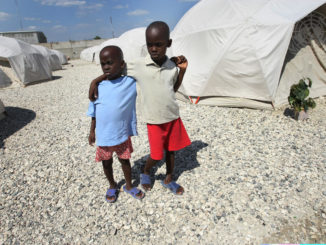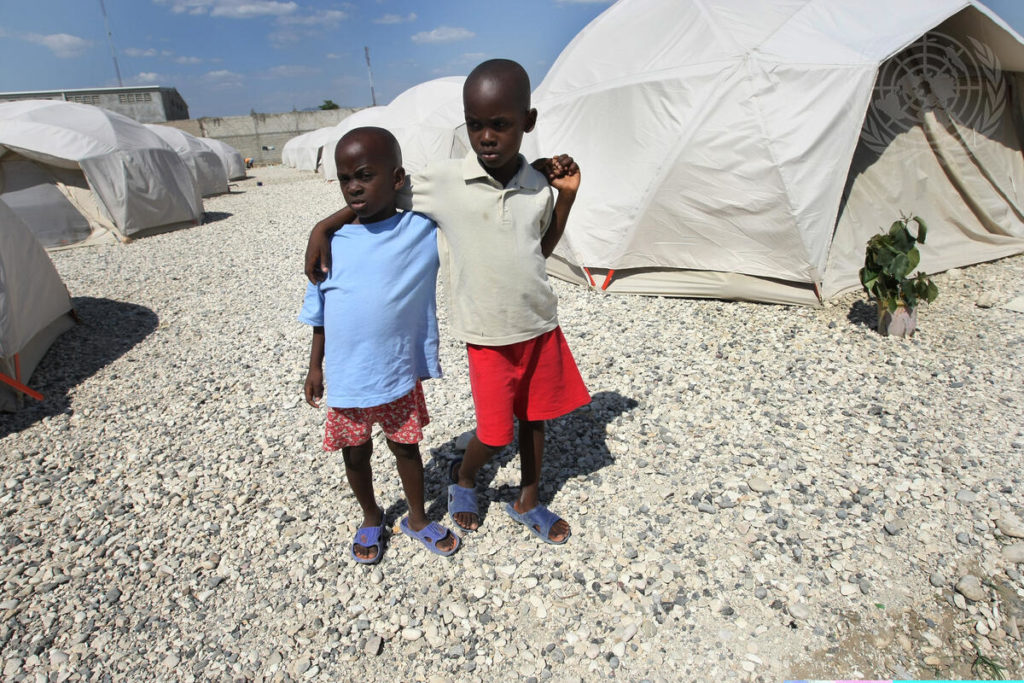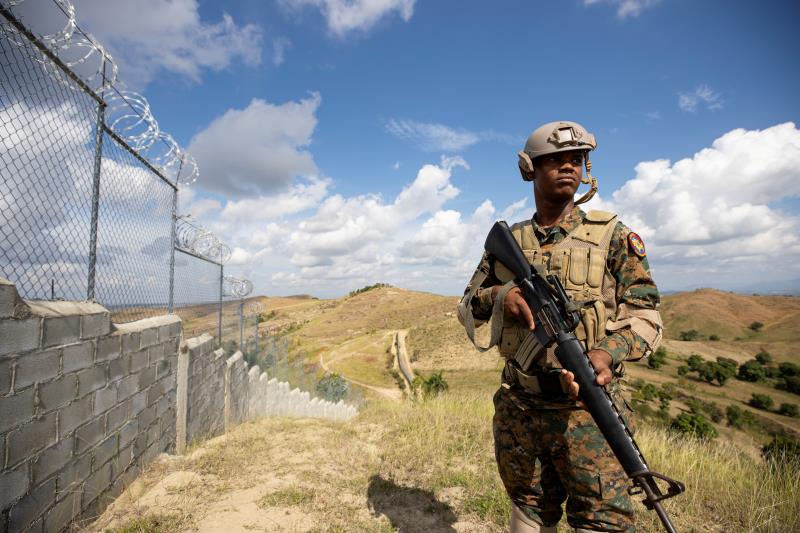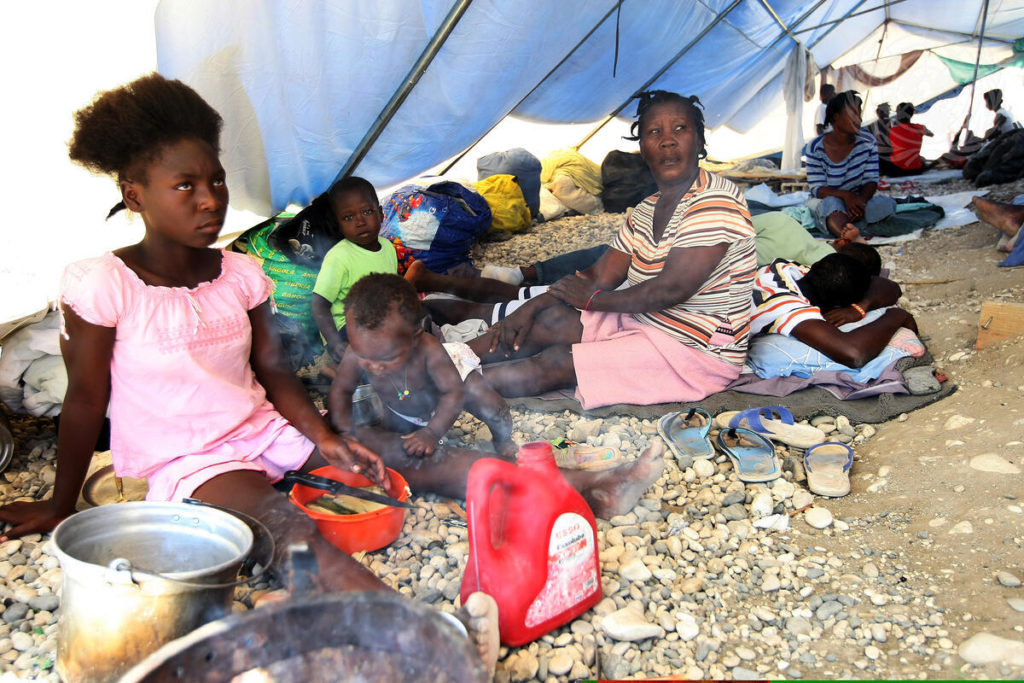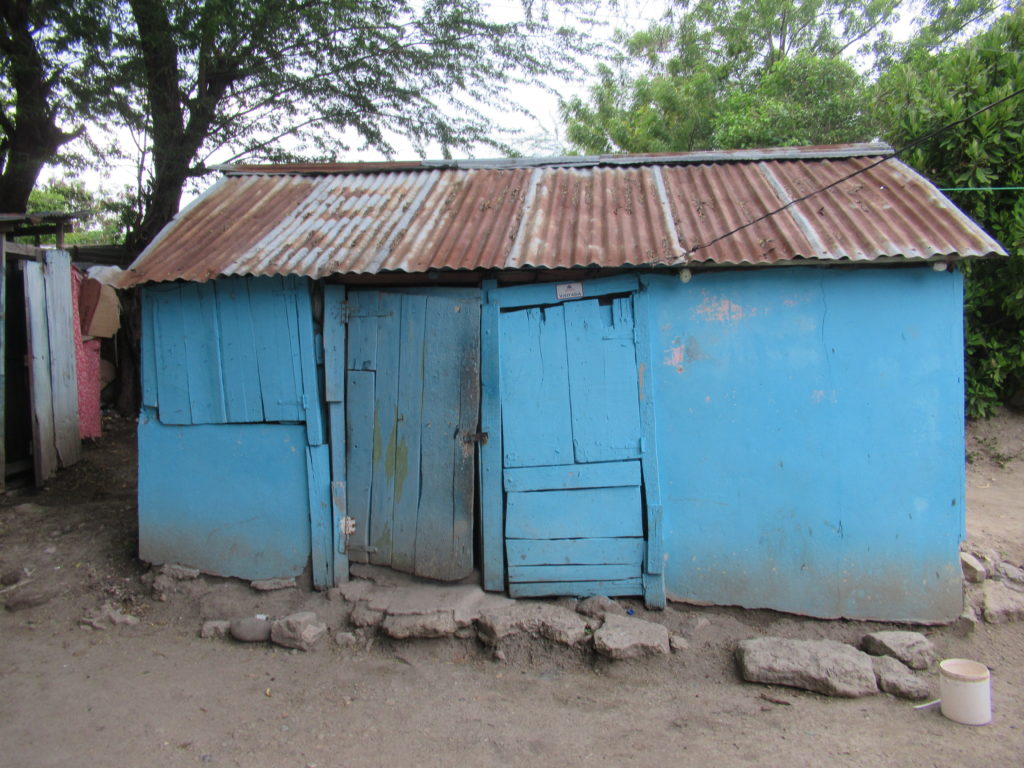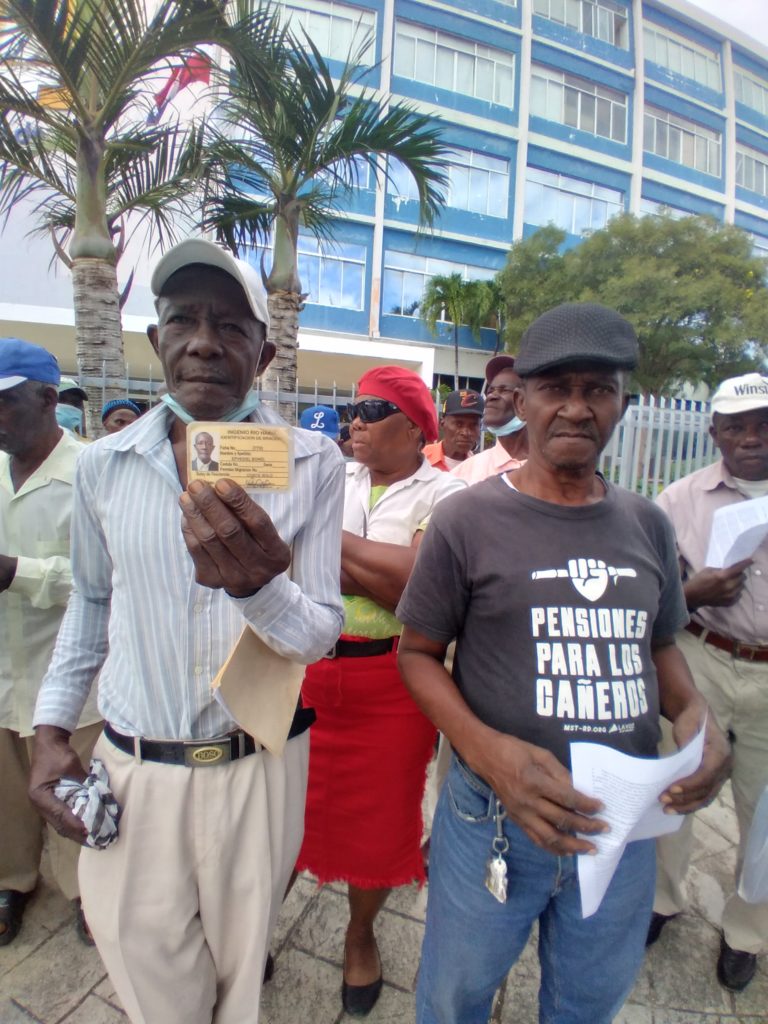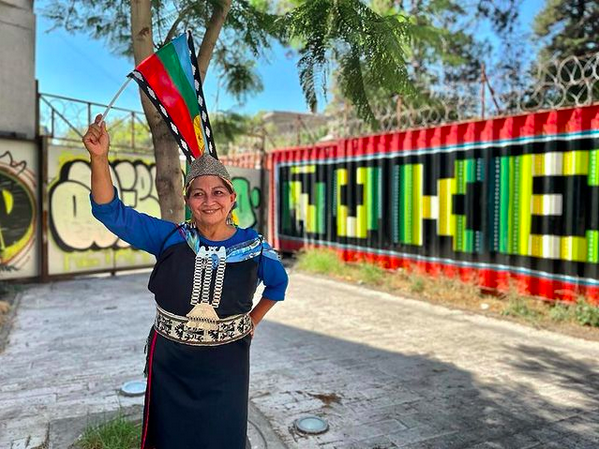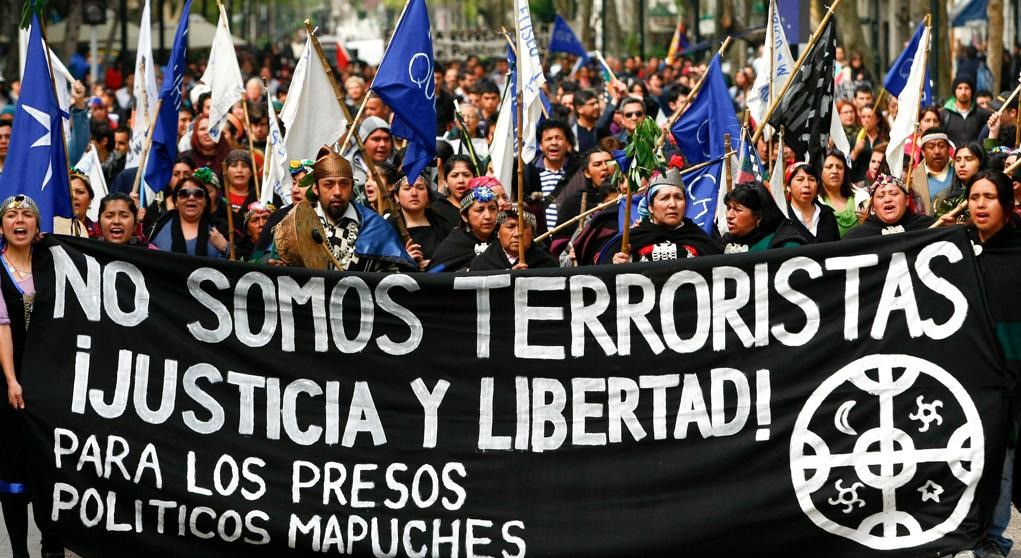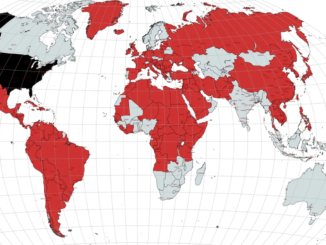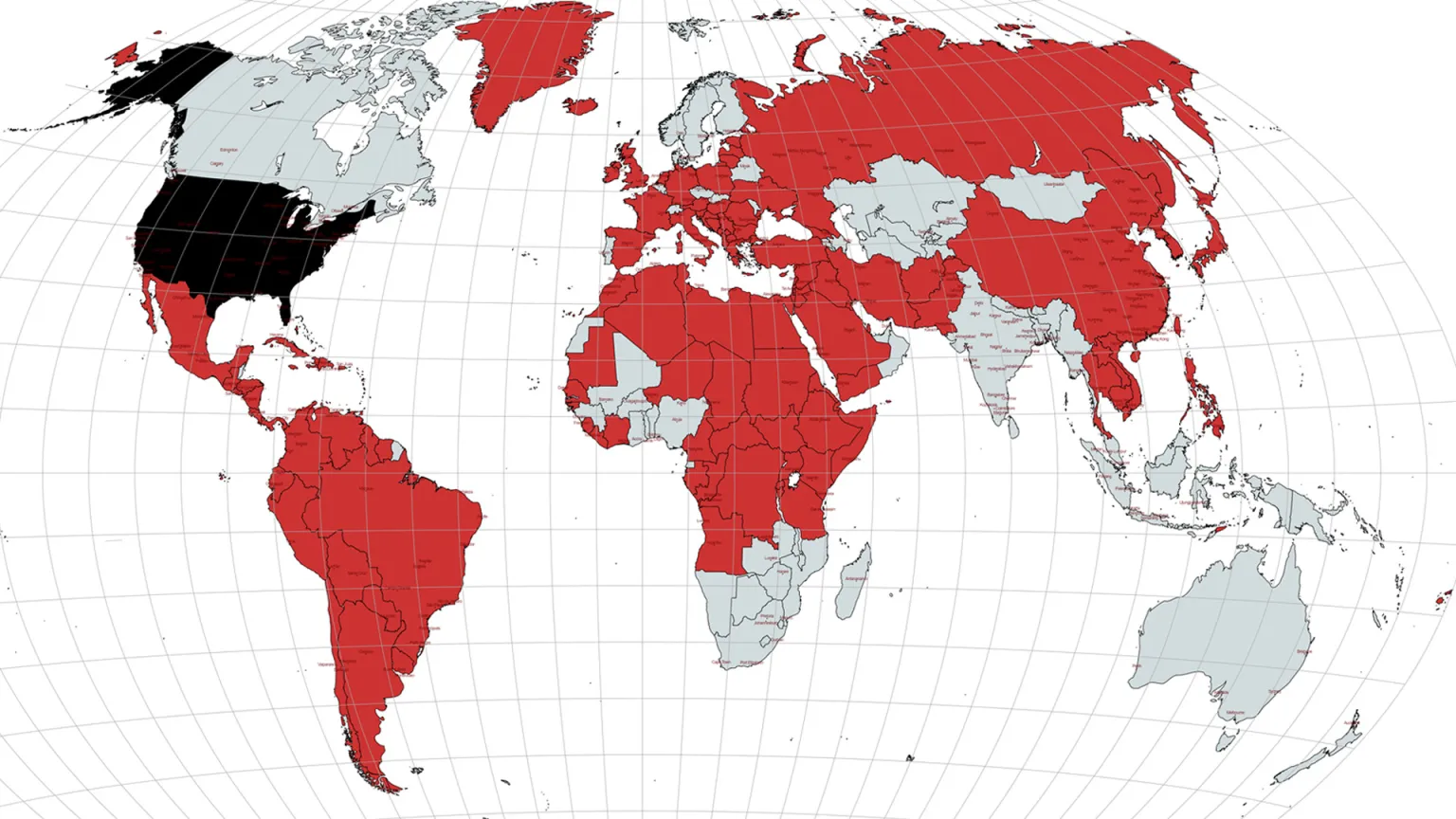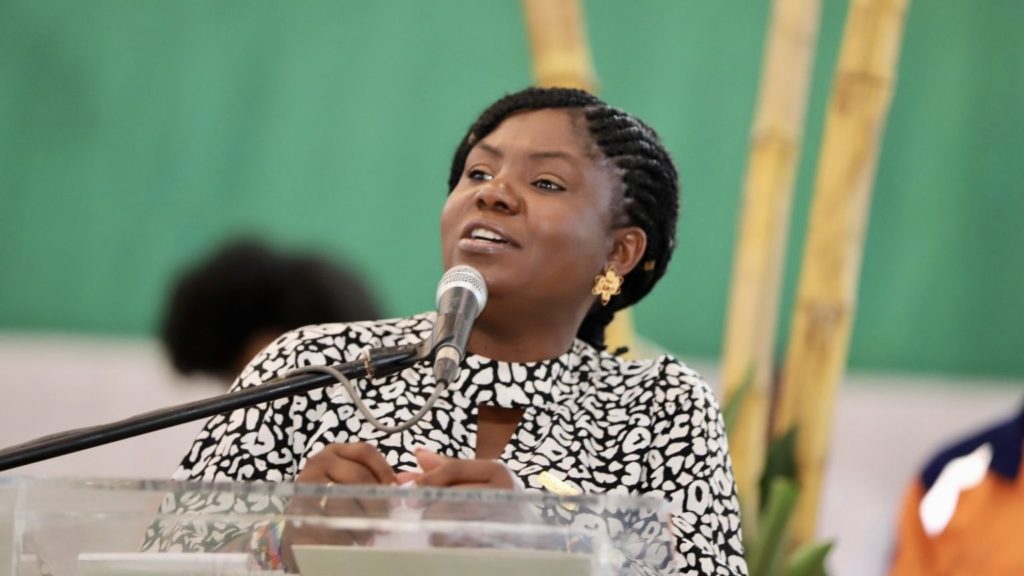
Editor’s Note: This article originally appeared in Peoples Dispatch.
Colombian Vice President Francia Márquez, on Tuesday, January 10, denounced a new attempt on her life. Márquez reported on Twitter that her security team had found a highly destructive explosive device near her family home in the Yolombó village, in the Suárez municipality, in the Cauca department during a security check before her visit. Márquez also reported that the device had been destroyed in a controlled explosion by bomb disposal experts.
“Members of my security team found a device with more than 7 kg of explosive material on the road that leads to my family residence in the village of Yolombó, in Suárez, Cauca. It was destroyed in a controlled manner by anti-explosive personnel from the SIJIN,” Márquez tweeted along with photos of what appeared to be an improvised explosive device.
The Vice President and Minister of Equality, in another tweet, shared a police report about the incident, and said that “the attached report shows that it was another attempt on my life.”
Márquez, an environmental activist who became the first Black woman vice president of Colombia against all odds, added that “regardless, we won’t stop working every day, day after day, until we achieve Total Peace that Colombia dreams of and needs. We will not give up until it is possible to live in true harmony in each territory.”
Márquez had planned to visit her hometown in Yolombó from January 7 to 9. For this reason, a prior inspection was carried out in the areas close to her residence, when the explosives were found. Due to the characteristics and location of the device, intelligence and security personnel concluded that this was an attack against the vice president.
Integrantes de mi equipo de seguridad hallaron un artefacto con más de 7 kilos de material explosivo en la vía que conduce a mi residencia familiar en la vereda de Yolombó, en Suarez, Cauca. El mismo fue destruido de manera controlada por personal anti explosivos de la SIJIN. pic.twitter.com/gUpYQVOfFD
— Francia Márquez Mina (@FranciaMarquezM) January 10, 2023
This was not the first time that Márquez had her life threatened. In May 2022, before the presidential elections, during a campaign rally in the capital Bogotá, Márquez was pointed at with a laser when she was on stage addressing a multitude of supporters. At that time, her bodyguards immediately covered her with bulletproof shields to protect her and prevent an attack against her life.
In April 2022, the far-right paramilitary group, Águilas Negras or Black Eagles, issued death threats against several members of the left-wing Historic Pact coalition, including Gustavo Petro and Francia Márquez, who were candidates at the time.
It was the third death threat that Márquez had received in less than a month. The Águilas Negras had issued two other death threats to Márquez and other progressive political and social leaders in March 2022.
Márquez, who rose to prominence for her struggle against illegal gold mining in Suárez, took office with President Gustavo Petro last year on promises of fighting inequalities, corruption, impunity, drug trafficking, paramilitarism and consolidating peace.
Violence against environmentalists, land defenders, human rights defenders, Afro-descendent, Indigenous, peasant and social leaders like Márquez is not uncommon in Colombia. Paramilitary and drug trafficking groups have been targeting those who work to defend land and natural resources in their territories and pose a threat to the organization’s illegal operations.
Colombia has lived through almost 60 years of internal armed conflict over territorial disputes between paramilitary groups, drug traffickers, the army and guerrillas, which has killed around 450,000 people and displaced over 8 million.
Colombia’s first leftist leaders, President Petro and Vice President Márquez, are determined to bring total peace to the country. The Petro-Márquez government has called on all irregular armed groups operating in different parts of the country to negotiate peace agreements.
According to Colombian human rights organization, the Institute of Development and Peace Studies (INDEPAZ), so far, at least 23 irregular armed groups have expressed their intention to engage in dialogue and “accept legal benefits in exchange for peace and definitive non-repetition of violence.”
The government has already begun negotiations with four groups including the dissident groups of the demobilized FARC guerilla group: the Estado Mayor Central, the Segunda Marquetalia; and the drug cartels Clan del Golfo and Los Pachencas. The peace process with the National Liberation Army (ELN) which began under the government of Juan Manuel Santos, but was suspended during the term of Iván Duque, was also restarted and the first round of talks was held in Caracas, Venezuela in December 2022.

